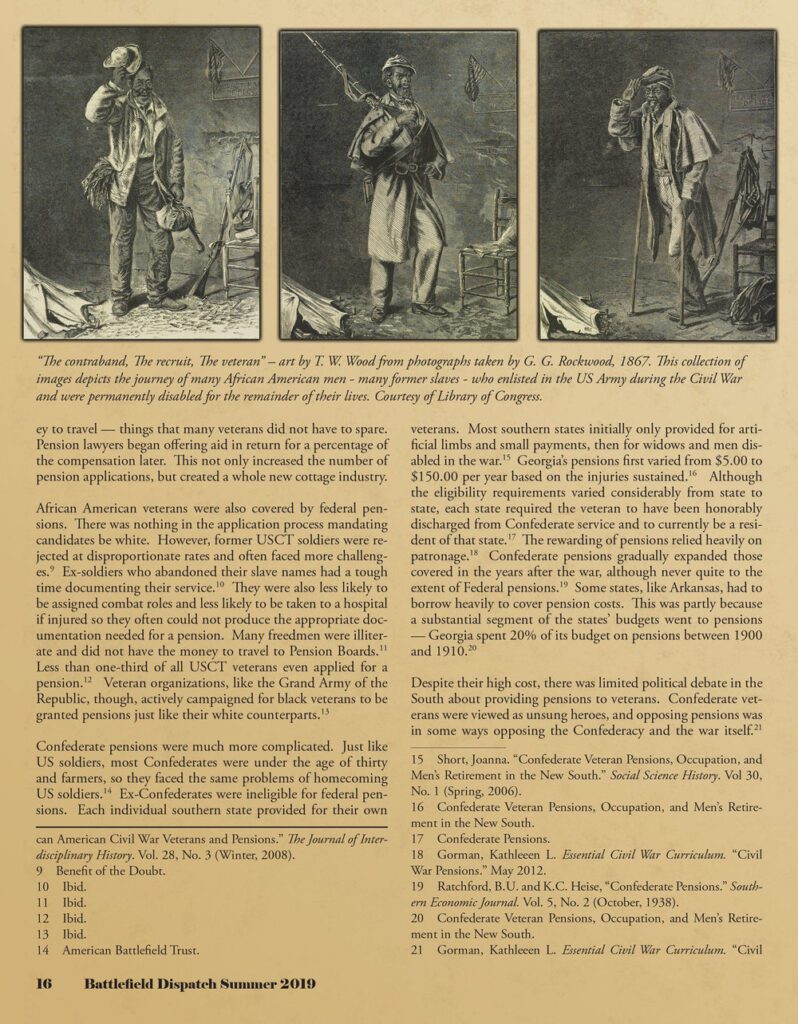The content is an introduction to the challenges and experiences faced by veterans as they transition from the battlefield to civilian life. It highlights the harrowing experiences faced by veterans in combat zones and the psychological impact it leaves on them. The difficulties of reintegrating into civilian life and the support systems available to aid in their transition are discussed. The content also emphasizes the challenges veterans face in finding stable employment and obtaining education or training for civilian jobs. Overall, the content emphasizes the importance of supporting veterans and providing them with opportunities for a brighter future.
From Battlefields to Homecomings: The Journeys of Veterans
Introduction
War, with its brutality and inhumanity, can have a profound impact on the men and women who serve in the military. As they venture into the battlefields filled with chaos and uncertainty, they put their lives on the line to protect their nation and its values. However, the journey does not end when the guns stop firing. For veterans, the transition from the battlefield to civilian life poses its own sets of challenges and obstacles.
The Battlefields: A Harrowing Experience
Combat zones become the canvas upon which veterans confront the darkest aspects of human nature. Engaged in intense encounters, witnessing the loss of comrades, and facing the constant fear of death, veterans undergo traumatic experiences that leave invisible scars on their minds and souls. Survivors of war often return home with post-traumatic stress disorder (PTSD), a debilitating condition that can hinder their ability to function in society. This psychological battlefield is often as difficult to navigate as the physical battleground.
The Homecoming: A Complex Transition
When veterans return home, their journey takes a new form. Disoriented and disconnected from civilian life, the reintegration process may be challenging. The stark contrast between the structured military life and the often chaotic civilian existence can be overwhelming. Furthermore, veterans may find it difficult to relate to those who have not experienced the reality of war. This sense of alienation can lead to a feeling of isolation and contribute to mental health issues, substance abuse, and even homelessness.
Support Systems: Essential for Healing
Recognizing the challenges faced by veterans, governments, organizations, and communities have established support systems to aid in their transition. Services such as counseling, therapy, and rehabilitation programs aim to help veterans cope with their traumatic experiences and ease their reintegration into civilian life. In addition to governmental initiatives, non-profit organizations and community-based efforts play a vital role in providing necessary resources and assistance to veterans. Family and friends also form a crucial support network, offering comfort, understanding, and a sense of belonging.
Education and Employment Opportunities
One of the biggest hurdles veterans face is finding stable employment and acquiring education or training suitable for the civilian workforce. Military skills may not always directly translate into job qualifications that employers recognize. However, many initiatives have been implemented to bridge this gap. Various vocational training programs, scholarships, and dedicated job placement services are available to help veterans acquire new skills and find meaningful employment. These opportunities not only enhance their financial well-being but also contribute to their overall sense of purpose and self-worth.
Conclusion
The journey of veterans does not end when they come home. It continues as they struggle to reintegrate into society and rebuild their lives. Recognizing the unique challenges they face and providing the necessary support systems and opportunities is crucial to ensuring their successful transition from the battlefields to homecomings. As a society, it is our duty to honor their sacrifices by offering them a chance at a brighter future filled with hope, purpose, and a sense of belonging.
